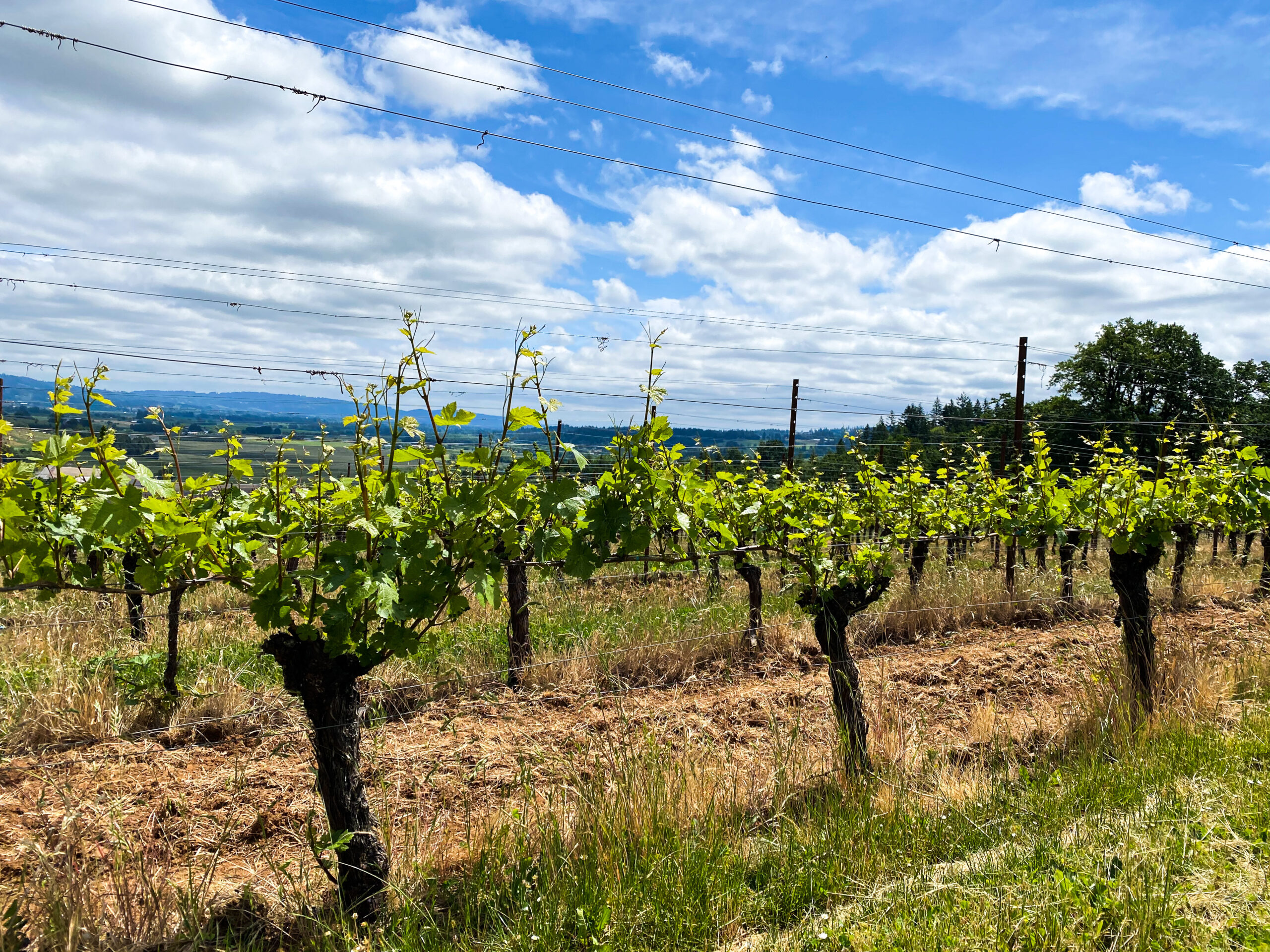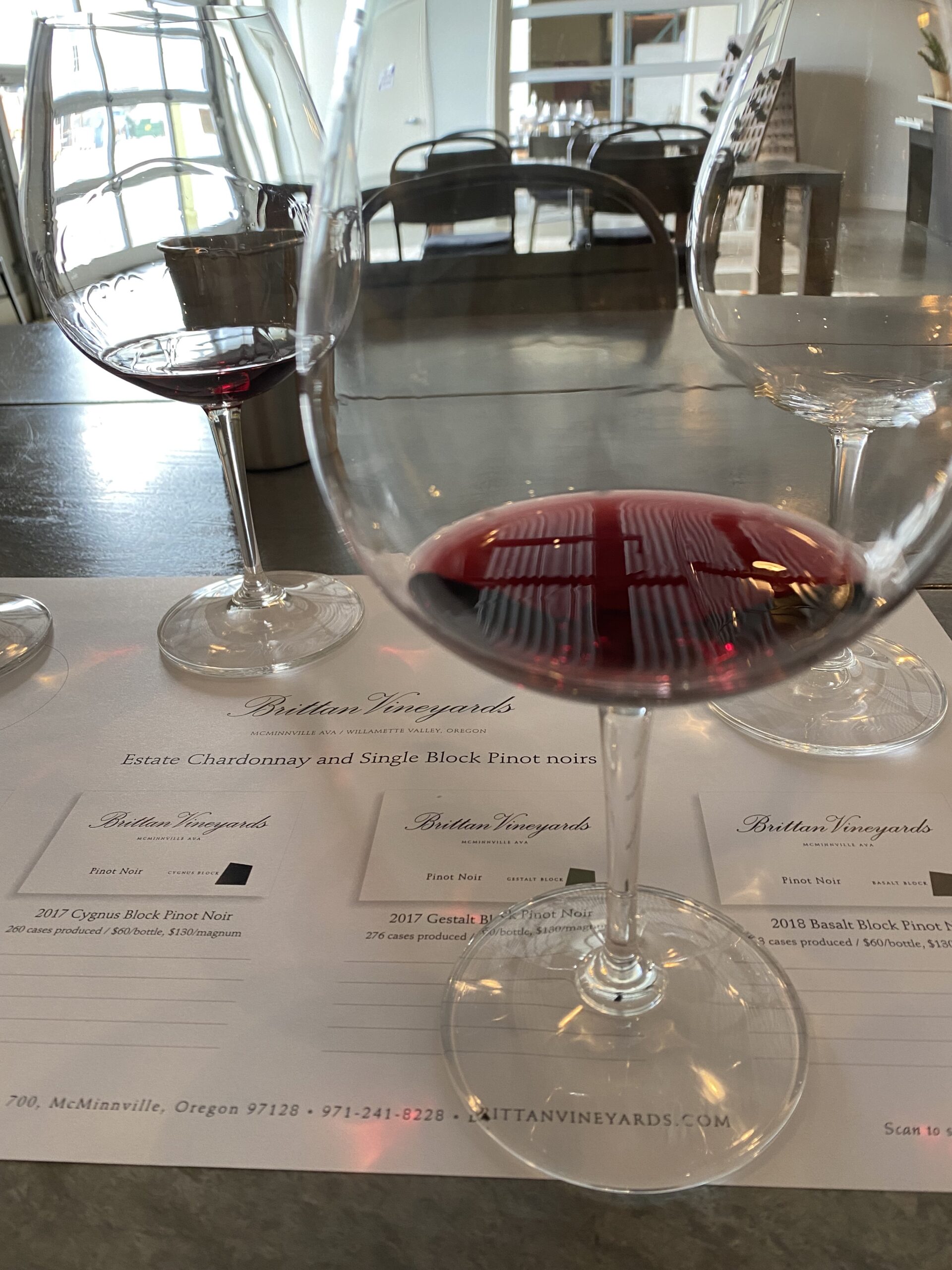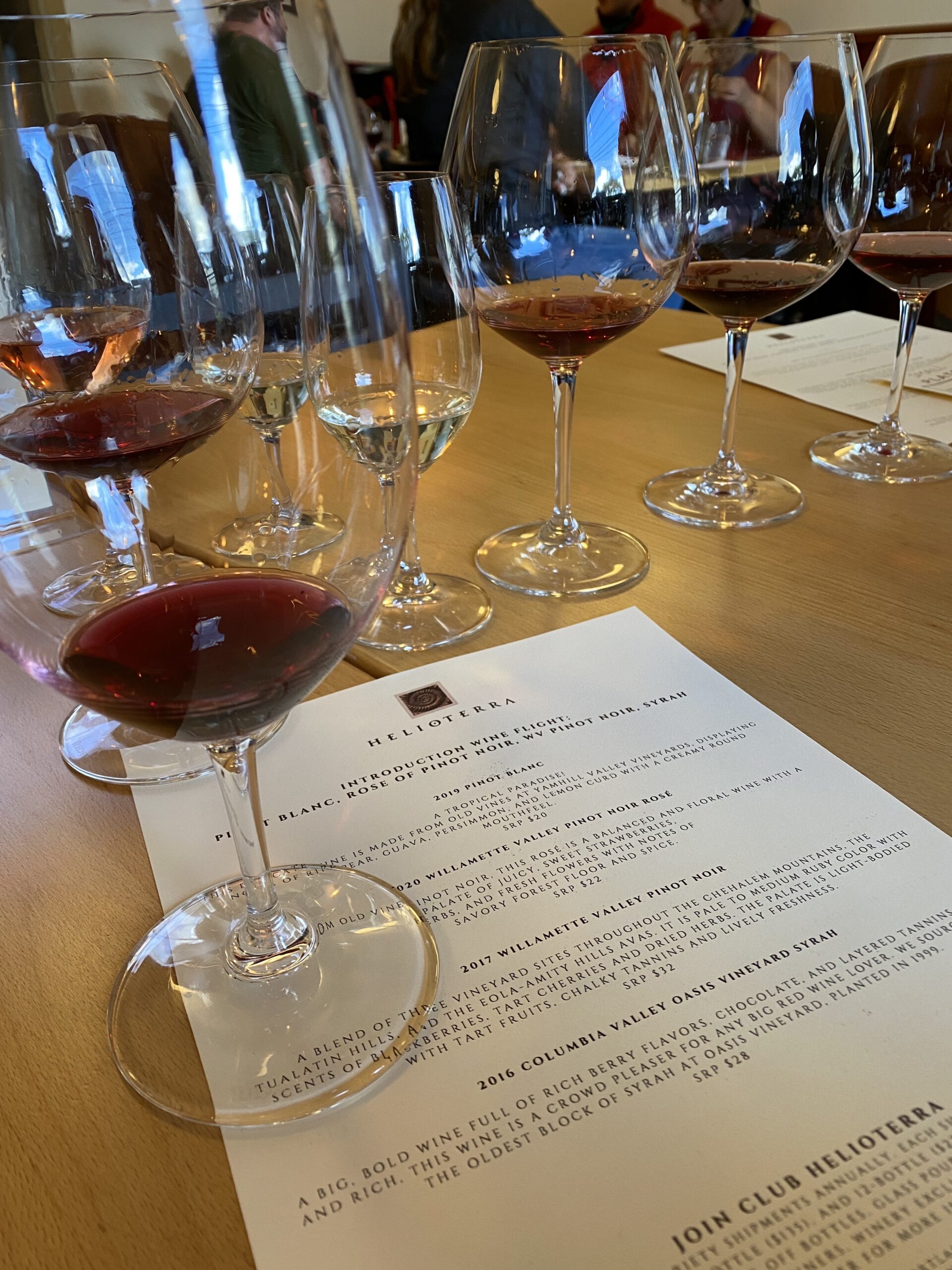
Coming at you straight from quarantine! Thankfully I’m on the mend, but as most of you can probably relate by now, I’ve had to cancel some plans. That meant that any chance I had of traveling this week had to be postponed. This meant rethinking my Friday post! Today I decided to write about urban wineries.
By urban wineries, I mean wineries that are located in urban settings and source their grapes from vineyards in more rural parts of the state.
I’ll explain a bit more about what they are, some pros and cons, and of course, some of my all-time faves!
What Are Urban Wineries
Urban wineries are fully functioning wineries that are located in densely populated metropolitan areas, such as Portland, Vancouver, or New York City. Due to their location, they have to source grapes from rural vineyards.
Location, Location, Location

Winemakers have plenty of reasons to choose an urban location. With guaranteed and predictable foot traffic, there’s no up-and-down tourist season that is typical of wine regions. Speaking as a Washingtonian, many rural wineries are only open for tasting seasonally.
There’s also the opportunity to connect with many more people. After all, so many people love wine, but not everyone can make the trek to where the grapes are grown.
Buyers Can be Choosers
If a winemaker is purchasing grapes from multiple vineyards, they can cultivate a diverse collection of wines. Traditional vineyards- especially those that boast solely “Estate” wines- only have their own landscape to choose from.
Urban winemakers can source grapes from all over their state, creating a diverse flavor profile for their wines. Helioterra Wines is a perfect example, where winemaker Anne Hubatch gets grapes from both Washington and Oregon. This allows her to make unique varietals and blends in the heart of Portland.
Hesitations
One drawback to running an urban winery is, of course, the cost. Wineries require a ton of space, especially if the winery also wants to host a tasting room. If there’s one thing that metropolitan real estate isn’t – it’s cheap!
An additional drawback would be the lack of access to the vines. Trust between the urban winemaker and the vineyard owners becomes a valuable currency when it comes to sorting out harvest times and transportation.

Final Thoughts
The phenomenon of urban wineries is exciting, and I am especially grateful to be a part of one myself. Urban wineries bring the terroir to the people by way of the glass.
Getting to witness a working winery, meet the winemaker, and then taste the fruits of that labor is – in my mind – an unmatched experience.
Urban Wineries to Check Out
Stottle Winery
Now, I’m a bit biased here. Getting to be a part of the Stottle team has been a blast. I currently run the tasting room in Hoodsport, and I encounter people daily who have never been to a winery before.
Those who come to the winery in Lacey are excited to meet Josh, the winemaker, and get a glimpse into production. Tasting room hours can be found here.
Helioterra Wines
As I mentioned above, this woman-owned winery gets to create a crazy list of rich and rare wines. When this winery isn’t crushing grapes, they are making delicious hard ciders and supporting fellow female winemakers breaking out in the business. Tasting room hours can be found here.
Brittan vineyards
Having had the chance to live in McMinnville during harvest last year (read a bit about that here), I got to know the downtown scene pretty well. Brittan Vineyards is an excellent example of a winery that owns its vineyards but chooses to make the wine closer to the people. Tasting room hours can be found here.

